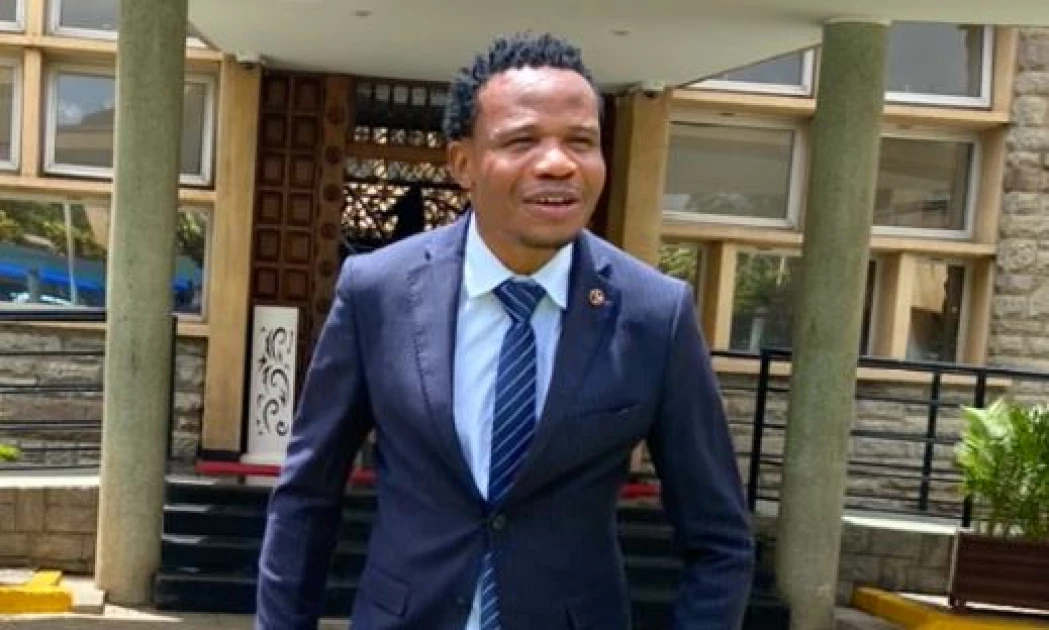The Council of Governors (CoG) is calling for increased allocation of resources from the national government if the Doctors’ Collective Bargaining Agreement (CBA) signed in 2017 is implemented amid the ongoing medics’ strike.
In a statement on Tuesday, April 16, CoG Chair Anne Waiguru raised concerns about the potential effect of implementing the CBA on civil servants’ basic pay across counties.
“In the event that the national government agrees to the implementation of the CBA, this will have a ripple effect on all the civil servants’ basic pay and will require additional allocation of resources to all the counties,” Waiguru stated.
COG extra-ordinary meeting to discuss issues affecting Counties including the health workers industrial unrest. COG notes that the implementation of the CBA will have a ripple effect on all civil servants basic pay & will require additional allocation of resources to all counties pic.twitter.com/2XMlFmKa87
— Council of Governors (@KenyaGovernors) April 16, 2024
The CoG also highlighted concerns regarding the shortage of doctors available for service due to ongoing post-graduate training programs.
“Failure to release doctors for post-graduate training deprives counties of substantial resources, which could otherwise be used to recruit more doctors,” Waiguru noted.
She further stated that counties will undertake the costing of doctors on post-graduate studies to allocate resources for recruitment and service provision during this training period.
Additionally, the CoG addressed the issue of medics who have absconded duty amidst the strike.
CoG indicated that disciplinary action will be taken against those who have disregarded the court directive.
“Health workers have absconded duty contrary to the court directive, and therefore County Governments will institute disciplinary action against them,” Waiguru stated.
No funds for medics
Speaking for the first time on the ongoing strike on Sunday, April 7, President William Ruto noted the urgency of addressing Kenya’s financial constraints, pointing out that the government currently allocates 47 per cent of its revenue to salaries, significantly exceeding the recommended 35 per cent.
“Our wage bill is 47 per cent of our revenue. It should be 35 per cent according to the law. So we are way above. We need a conversation so that those of us who earn salaries are responsible. And we can reduce our wage bill so that we can free more resources to create jobs for our young people.”
Addressing congregants during a Sunday service at Eldoret AIC Fellowship church, Ruto stressed the need to live within the country’s means and urged for responsible spending.
The Head of State acknowledged the concerns brought forth by medical practitioners but emphasized the necessity of living within the country’s means.
Despite negotiations between the Ministry of Health and the Kenya Union of Clinical Officers (KUCO), the strike initiated by KUCO remains ongoing, with George Gibore, the union’s secretary-general, affirming their commitment to finding a lasting solution.
Ruto appealed to medical professionals to consider the financial constraints, suggesting that the Ksh70,000 stipend offered to interns should suffice as it is not a permanent salary.
He acknowledged the importance of their service but reiterated the need to work within the available resources.
“We mind them (doctors), we value the service they give to the nation, but we must live within our means. The resources we have are only sufficient to pay Ksh70,000 for intern doctors. It is not a salary, it is only a stipend for one year then they will be employed,” he said.
The medical practitioners, however, continue to advocate for increased funding for the healthcare sector, calling for the implementation of CBAs fair treatment for doctors on short-term contracts, and improvements in working conditions.









